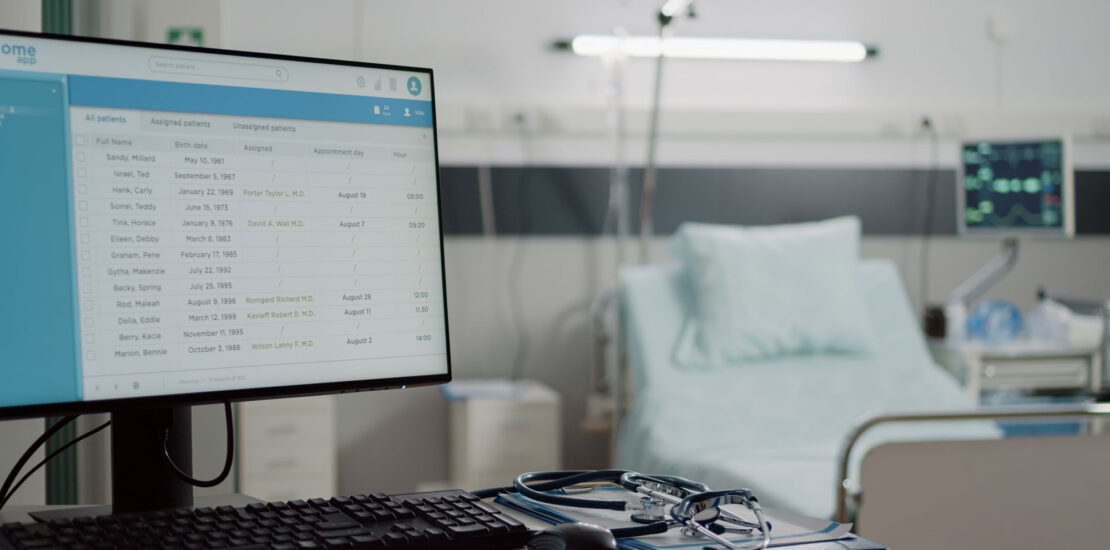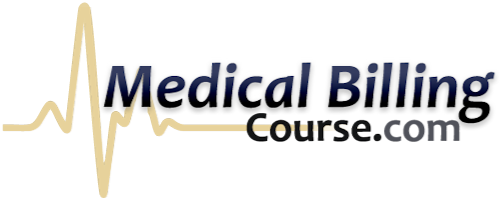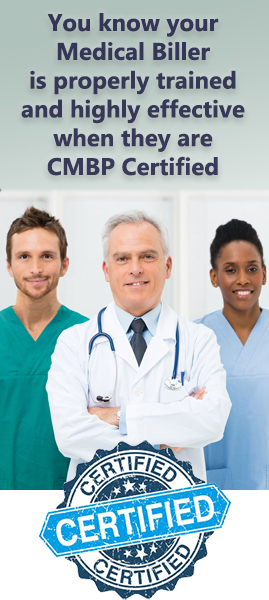- 12/09/2024
- Posted by: Medical Billing Course
- Category: Medical Billing Course

While the role of a medical biller may evoke an image of someone processing paperwork in a doctor’s office, their responsibilities extend far beyond administrative tasks. In reality, medical billers must possess a comprehensive knowledge of medical terminology and CPT (Current Procedural Terminology) codes – critical information required by physicians and healthcare facilities to accurately document and bill for services provided.
Considering a career in medical billing but worried it may be too challenging? Read on to discover what it takes to enter this rapidly growing field.
What Is a Medical Biller?
A medical biller is a professional responsible for handling the administrative and financial aspects of healthcare services, including submitting insurance claims, managing patient billing, and ensuring accurate record-keeping.
As healthcare professionals, medical billers are responsible for processing patient data, including treatment records and insurance information. They also code patient diagnoses and handle payment requests from insurance providers.
The Essential Guide to Becoming a Successful Medical Biller
Considering the rewarding salary potential of a medical billing specialist role, let’s explore some key factors to keep in mind when pursuing this career path.
User-Friendly Technology
Our P1 Medical Billing Course, which provides CMBP and HIPAA certification, utilizes technology that is more accessible than you might expect. The course equips you with advanced tools designed to streamline your work and boost your efficiency.
A Gradual Learning Process
The perception that medical billing is difficult because one must learn everything at once is a common misconception. In reality, when starting a career in medical billing, you won’t be expected to master every aspect from the beginning. As with any job, medical billing requires gradually learning the various components and diagnostic codes over time.

